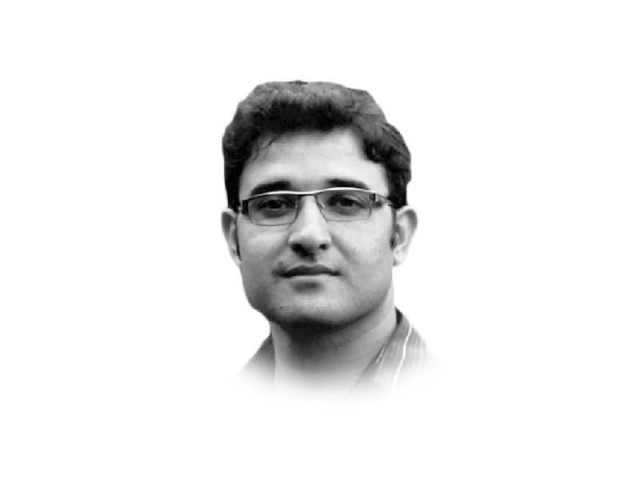Theoretical perspective on development practices
Being a multidisciplinary subject, a lot of theories are taught to students of development at university level

Theory and practice are two different terms but very relatable to each other. The marriage between theory and practice has been well explained by different thinkers over the time. Now and then, we come across plenty of quotations that reflect on the intertwined nature of the two. For instance, most of the times, this quotation attributed (arguably) to Marx is preferred by many people that “practice without theory is blind, theory without practice is sterile”.
There are certainly other similar quotations describing interlaced relationship between theory and practice, attributed to other famous scholarly figures. “Theory without practice is empty; practice without theory is blind” is another such quotation, attributed to Kant. Building upon these quotations from nineteenth century, famous Dutch scholar Langeveld articulated the relationship between theory and practice, saying: “Theory without practice is for geniuses, practice without theory is for fools and rogues, but for the majority of educators the intimate and unbreakable union of both is necessary.”
No matter which of these quotations one prefers, the notion continues to emphasise that there is a symbiotic relationship between theory and practice. And that this symbiotic relationship between the two prevails in all domains of life.
Development sector is no exception to this. Being a multidisciplinary subject, quite a lot of theories are being taught to students of development at university level. From theoretical work of Amartya Sen to theories of economic growth and dependencies, a plethora of inter-disciplinary dealing with matters related to development are discussed widely. But when it comes to designing development projects, it seems none of these theories is truly applied — particularly in the context of public and private development in Pakistan.
Major development programmes and projects have theories of change that is used to provide a conceptual grounding for keeping track of progress and to deduce impact eventually. No doubt that a theory of change embedded in a project or programme is often very useful in brining together available evidence about that programme to show impact, but the theory of change cannot be a replacement of theories of development.
Many rational arguments can be made in favour of better theorisation of the projects and programme.
Firstly, incorporating theories of development studies, which are interdisciplinary in nature, into the projects and programme being run by development organisations is essential to enrich the vision of the projects. As stated in earlier paragraphs, theory will strengthen the projects eventually leading to meaningful ends. Apart from this, it is usually pointed out that despite spendings worth billions on development, no significant change has occurred. One of the possible reasons is that these projects are designed aloof of theories which should govern such projects.
This leads to the second argument in favour of theorisation of development projects and programmes, that is, theorising projects for better return against the investment or expense. At meta-practical level, these projects are certainly inspired and informed by evidence gathered through different modes, and possibly they might be inspired by theoretical understandings as well. But that theoretical understanding is not trickled down to the contextual and practical levels.
Thirdly, applying theories in programmes would help build empirical evidence around applied theories subsequently strengthening their contextual rooting. This is also important for creating new knowledge, eventually leading to refinement of theories and theoretical approaches to development. There is no doubt that this all work will add up to improve the quality of programmes/projects and policies thus leading ultimately to the wider benefit of populations living in different parts of the world — particularly the poor.
Having said that, this article does not argue that development project designs and proposals should look like those of academics. It is understandable that academic work is different in nature. But the argument only supports an unbreakable union of theory and practice in development projects to get best out of the money being spent.
Published in The Express Tribune, February 24th, 2022.
Like Opinion & Editorial on Facebook, follow @ETOpEd on Twitter to receive all updates on all our daily pieces.















COMMENTS
Comments are moderated and generally will be posted if they are on-topic and not abusive.
For more information, please see our Comments FAQ